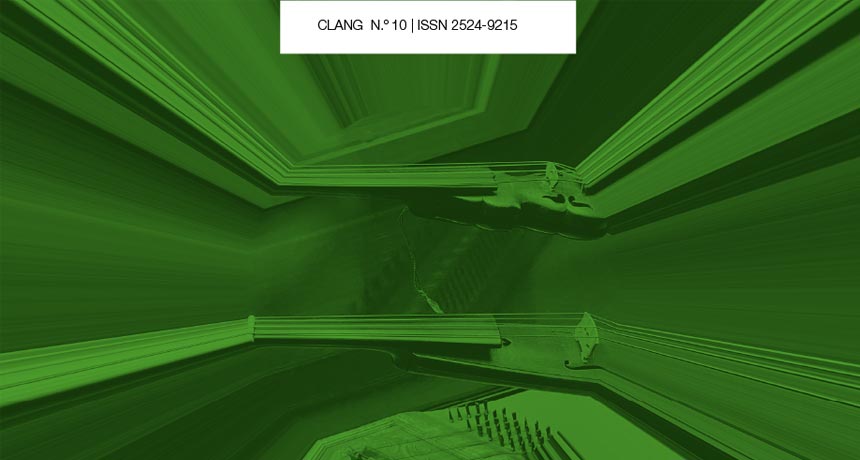Casa tomada
Abstract
Casa tomada ocupa un lugar en nuestro imaginario. Es la pérdida progresiva del espacio propio de dos hermanos que heredan una vieja casona familiar. O sea, el distanciamiento de un espacio que no es tan propio. Es el cuento de Julio Cortázar que leímos en nuestra temprana juventud, abriendo la pregunta por aquello que perdemos al estar del otro lado. Es la adrenalina por una pérdida que se torna liberadora una vez que Irene y su hermano deciden abandonar la casa —y con ella los mandatos familiares— para enfrentarse a su propio destino.Downloads
Downloads
Published
How to Cite
Issue
Section
License

This work is licensed under a Creative Commons Attribution-NonCommercial-ShareAlike 4.0 International License.
The acceptance of the manuscript by the magazine means the non-exclusive cession of the property rights of the authors in favour of the editor, who allows the reuse, after publication (post print), under a license Attribution-NonCommercial-NoDerivatives 4.0 International.
According to these terms, the material can be copied and redistributed by any means or in any format as long as a) the author and original source of the publication are quoted (magazine and URL of the work), access to the license is provided and whether changes have been made is mentioned; and b) the material is not used for commercial purposes.
The cession of non-exclusive rights means that after the publication (post print) in Clang the authors can publish their work in any language, means and format; in such cases it must be mentioned that the material was originally published in this magazine. Such cession also means the authorization of the authors for the work to be collected by SEDICI, the institutional archive of the Universidad Nacional de La Plata, and to be spread in the databases that the editorial team considers appropriate to increase the visibility of the publication and its authors.
Moreover, the magazine encourages the authors to deposit their productions in other institutional and thematic archives under the principle that offering the society the scientific and academic production without any restrictions contributes to a greater exchange of the global knowledge.












 </a >
</a >












